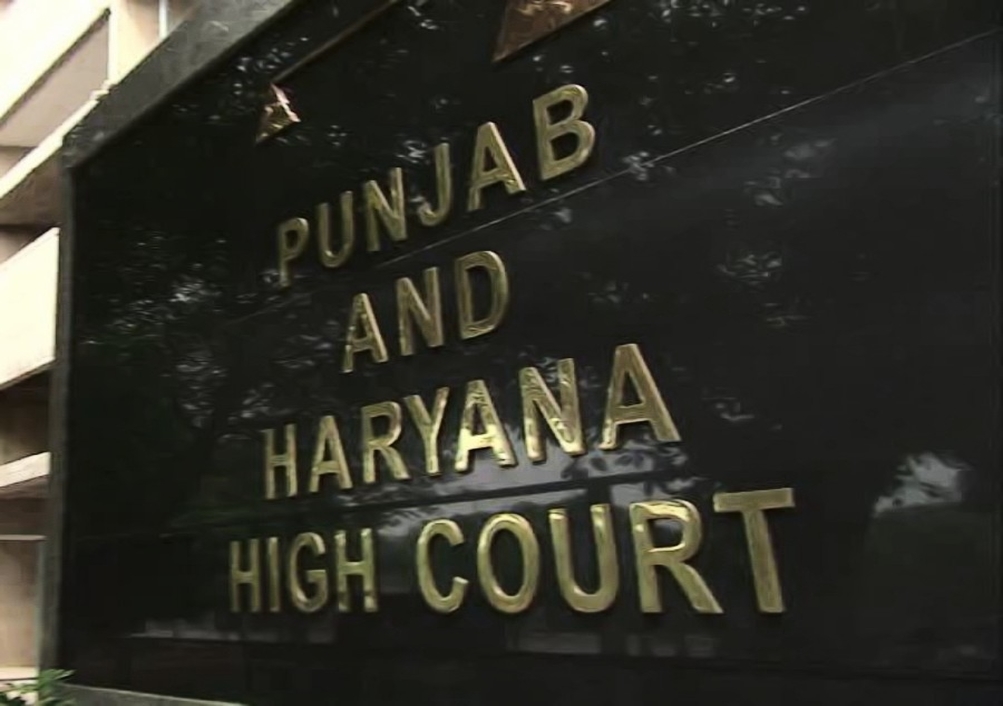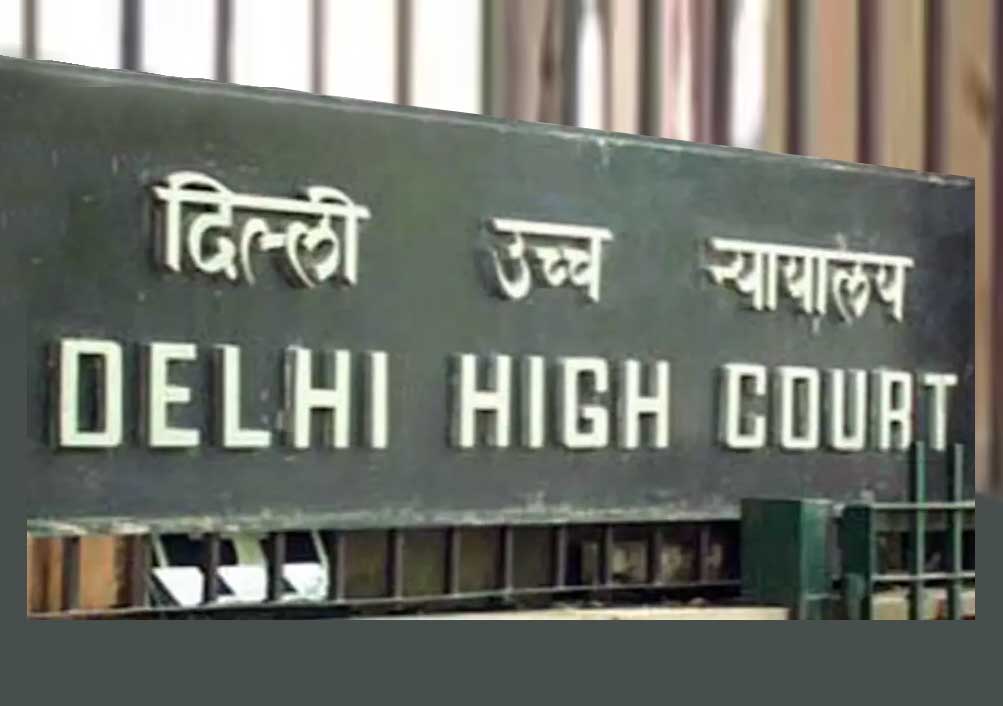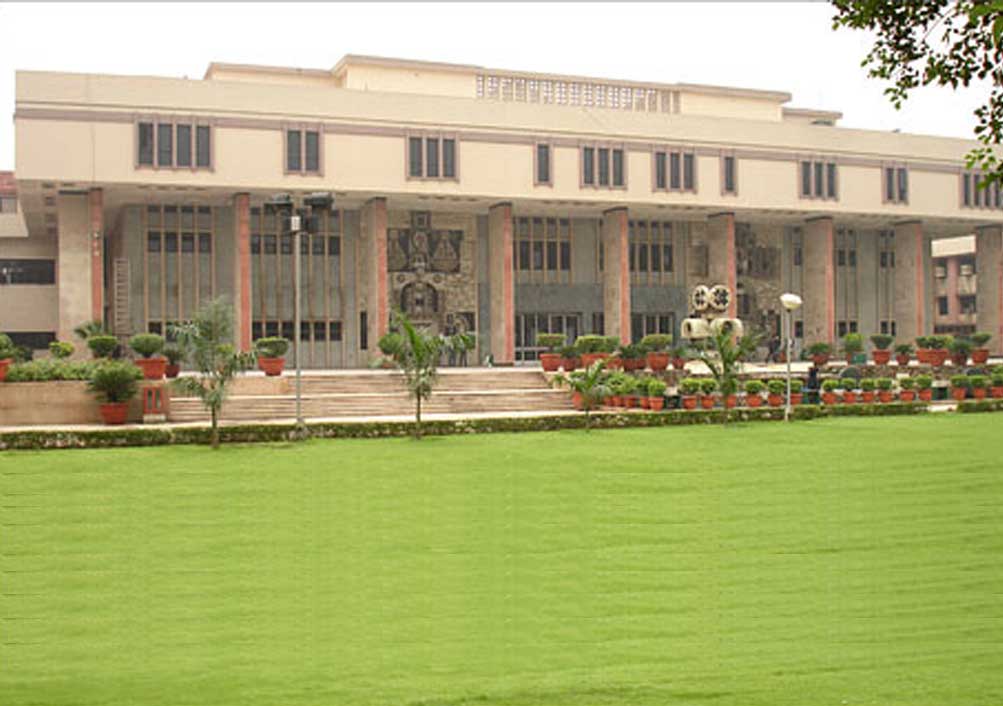In CRWP-6063-2022- PUNJ HC- “Constitutional Courts should exercise adequate precaution to ensure supremacy of governing statute as well as remedies prescribed therein”: P&H HC over Habeas Corpus petition seeking custody of minor child Justice Vinod S. Bhardwaj [22-06-2022]

Read Order: Amandeep Kaur v. State of Punjab and Others
Monika Rahar
Chandigarh, June 27, 2022: While dealing with a Habeas Corpus petition filed by a mother of a minor, seeking custody of her son, the Punjab and Haryana High Court has held that Constitutional Courts should exercise adequate precaution to ensure the supremacy of the governing statute as well as the procedure and the remedies prescribed under the said statute instead of taking recourse to by-passing the statutory provisions without any pressing need or without the existence of any circumstance which would satisfy the judicial conscience that the ends of justice can be secured but only by the exercise of the extraordinary writ jurisdiction.
The Bench of Justice Vinod S. Bhardwaj also added, “… contested issues amongst biological parents cannot be decided on the basis of summary proceedings. The private perception of an individual bereft of any tangible material to support that the alternate statutory remedy is not an efficacious remedy, if brazenly allowed as a reason sufficient to by-pass the statutory remedies, the same poses an imminent risk of forum shopping and also reduces the statute as well as the provisions enshrined therein. Such disregard to a statute or statutory provisions and procedures would not ordinarily be promoted by a Constitutional Court.”
The instant petition was instituted under Article 226 of the Constitution of India for the issuance of a writ in the nature of Habeas Corpus so as to direct the official as well as private respondents to divulge the whereabouts of the petitioner’s minor child (aged 7 years and a citizen of Italy), with a further direction to the father of the child to produce the minor and hand over his custody as well as his passport to the petitioner- mother.
Further prayer was made for the appointment of a Warrant Officer to search the residence of the child’s father, who was stated to have illegally taken over the custody of the minor child.
It was the case of the petitioner that her husband came to India with her minor son on the pretext of a temporary visit but thereafter, he blocked her access to the child and also made it difficult for her to visit India as he did not furnish for their daughter’s travel from Italy to India with the petitioner. Eventually, the petitioner came to India, after making arrangements for the stay of her daughter in Italy. She wanted to get her son’s passport renewed and take him to Italy along with her for proper schooling and upkeep as she was a qualified nurse on the registered rolls of Italy, having sufficient capacity to maintain her two children.
It was further alleged in the petition that after her return to India, she was pursuing her remedies from pillar to post but was not getting access to her minor son and that despite extending her return, there was no respite. Resultantly, the instant habeas corpus petition was instituted invoking the role of the Constitutional Court of the parens patriae for the minor child and to bestow his custody to the petitioner.
After considering the petitioner’s case, the Court identified two issues for its perusal; the first issue being whether the custody of the minor son with the father can be held to be ‘unlawful or illegal’ and secondly, whether the Court must exercise its jurisdiction that was invoked as parens patriae whereby Court becomes the principal guardian or protector of the interest of the child.
In order to address the first question, the Court, on a perusal of Section 6 of the Hindu Minority and Guardianship Act, 1956 observed that the father is a natural guardian of the minor child and it is only on the demise of the father, that the mother becomes the natural guardian. Thus, the Bench held that by operation of the law, the rights of the father are recognized as a preferential right. Also, from a perusal of the documents as well as the pleadings, the Court held that nowhere it was established that custody of the child with his father was either illegal or unlawful.
Next, on the issue of the exercise of extraordinary jurisdiction of the Writ Court, the Court opined that the power of the High Court under Article 226 of the Constitution of India is plenary in nature and is not limited to any other provision of the constitution and that prior exhaustion of alternative remedies is a rule of prudence and not of compulsion. Thus, the bench added that in appropriate cases, the High Court may, in its discretion, entertain the writ petition prior to availing alternative remedial measures.
However, the Court also reiterated (from what the Top Court opined) that when a statutory forum is created by law for redressal of grievances, a writ petition should not be entertained ignoring the statutory dispensation; the writ jurisdiction is not a jurisdiction ordinarily available in supersession of the existing statutory remedy, rather, the burden lies on the person approaching the Writ Court to explain as to why despite the existence of a specialized statutory remedy, the High Court still ought to exercise its writ jurisdiction.
Additionally, Justice Bhardwaj opined that contested issues amongst biological parents cannot be decided on the basis of summary proceedings; the private perception of an individual bereft of any tangible material to support that the alternate statutory remedy is not an efficacious remedy if brazenly allowed as a reason sufficient to by-pass the statutory remedies, the same would pose an imminent risk of forum shopping and also reduce the value of the statute as well as the provisions enshrined therein.
“Such disregard to a statute or statutory provisions and procedures would not ordinarily be promoted by a Constitutional Court”, expounded the Court.
Also, the Court added that while the Court of law is sensitive to the needs of people and is obligated to ensure expeditious dispensation of justice, however, such perception of expeditious dispensation cannot be cited as laying a foundation for disregarding the statutory remedies available in law or to undermine the authority of statutory Courts and to straightway burden the High Court with litigation where the question of the best interest of a child is to be investigated upon and a finding is to be determined on the strength of evidence brought before the Court.
Thus, in light of the above, the Court did not find any sufficient ground as to why the extraordinary writ jurisdiction under Article 226 of the Constitution of India should be invoked in the present case. Giving reasons for the above finding, the Court held that the custody of the minor child is with his father, who is a natural guardian of the minor under the Hindu Guardian and Wards Act 1956 and as such, the custody of the minor child with the father cannot be said to be illegal. Additionally, it was also noticed that the father did not remove the child in violation of any order passed by any competent authority/Court of law as would render the custody to be unauthorized.
The Court also considered the fact that 4-year elapsed before the instant petition was filed by the petitioner seeking to invoke the writ of habeas corpus. Further, it was also noted that no circumstances were alleged or urged in the petition as would indicate that there was an imminent danger to the life and liberty of the child.
Also, the Bench was of the view that there was no prima facie material to establish as to how vesting of the custody of the child with the petitioner was in the best interest of the child inasmuch as the only ground urged was that the child was a citizen of Italy, however, the same may not by itself be in the best interest of the child as uprooting the child from the country where he belongs and which he has adopted would itself have a serious impact on the psychology and well-being of the child.
Lastly, the Court opined that the Constitutional Courts should exercise adequate precaution to ensure the supremacy of the governing statute as well as the procedure and the remedies prescribed under the said statute instead of taking recourse to by-passing the statutory provisions and the remedies without any pressing need or without the existence of any circumstance which would satisfy the judicial conscience that the ends of justice can be secured but only by the exercise of the extraordinary writ jurisdiction.
Coming to the facts of the case, it was concluded by the Bench that the petitioner failed to impress the Court with any substantial merit necessitating the exercise of jurisdiction under Article 226 of the Constitution of India invoking the writ jurisdiction of habeas corpus despite the existence of an efficacious and alternative statutory remedy prescribed under the Hindu Guardian and Wards Act.
The writ was thus dismissed.
Sign up for our weekly newsletter to stay up to date on our product, events featured blog, special offer and all of the exciting things that take place here at Legitquest.




Add a Comment